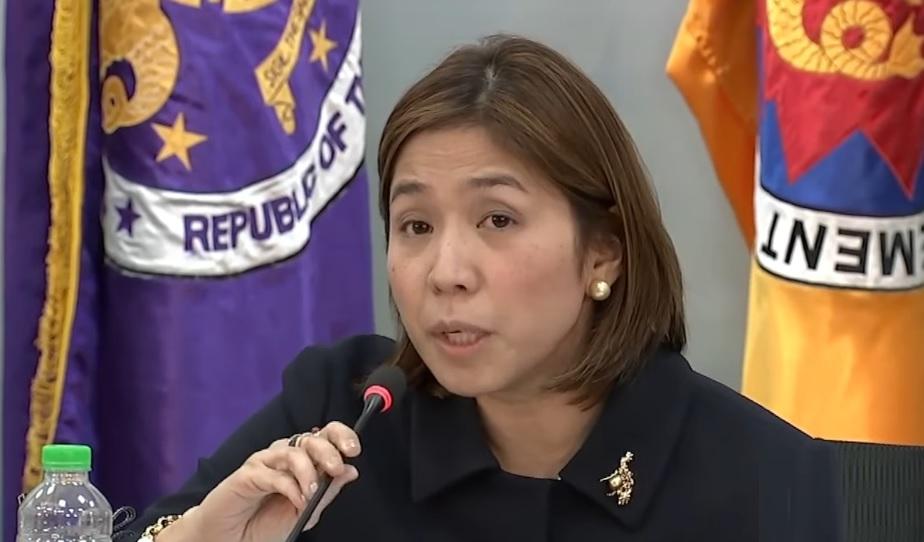DBM bares 2023 budget priorities: education, health, infra, agri, social safety nets

The Department of Budget and Management (DBM) on Tuesday revealed the Marcos administration’s priorities in crafting the P5.2-trillion national budget for 2023.
During the Post-State of the Nation Address (SONA) Economic Briefing in Pasay City, Budget Secretary Amenah Pangandaman said the government’s top budget priorities are, education, health, social safety nets, infrastructure and agriculture.
Pangandaman said that education will continue to remain on top of the budget priorities as mandated by the Constitution.
On health, the Budget chief emphasized the need for a “healthy and vibrant” citizenry and their “increased productivity in society.”
Likewise, she said that the administration will prioritize the provision of assistance to the vulnerable and disadvantaged sectors.
On infrastructure, Pangandaman said that the DBM will provide funding support for the continuity of the Build, Build, Build Program.
“As directed by the President, we shall continue with the Build Build Build, and expand it further,” she said.
For Agriculture, Pangandaman said she hopes to “make our farmers and fisherfolks more productive” and expressed support for “their services and mechanize and use technology in their processes” to have “self-sufficiency and self-security and lower food prices in the country.”
The Budget chief committed to the timely passage of the 2023 budget before the year ends.
“We will endeavor to pass the budget on time with the help of our friends from Congress,” she said.
Pangandaman earlier said the DBM will submit the 2023 budget on August 22, two days ahead of the constitutional deadline.
“The DBM will endeavor to craft a budget anchored on the 8-point Socio-Economic Agenda towards sustainable and inclusive budget for prosperity and economic transformation,” she said.
Finance Secretary Benjamin Diokno also unveiled an eight-point agenda aimed at achieving the administration’s goals of bringing down the poverty rate to a single digit and elevating the country’s status as an upper-middle income economy.
On the proposed bureaucracy rightsizing, Pangandaman reiterated that it does not automatically mean a mass layoff of state workers.
She said the rightsizing plan is aimed “to strengthen the entire organization through the implementation of structural and procedural reforms that will ensure the government’s efficiency and productivity.”
“Rightsizing is not a mass layoff. It is strengthening the entire government structure in order to help our bureaucracy to have an agile, efficient, responsive and technology-driven workforce,” she said.
The DBM is also pushing for the institutionalization of the Cash-Based Budgeting System (CBS) or the Budget Modernization Bill, which will strengthen fiscal discipline among our government employees.
The CBS aims to address bottlenecks in obligations, which will lead to on-time implementation and disbursement of the government’s programmed projects.
“We will use and allocate our scarce resources to be able to finance our priority programs and projects. We will ensure that every peso in our GAA (General Appropriations Act) will be spent and implemented timely,” Pangandaman said.
The Budget chief also mentioned digitalization to enhance bureaucratic efficiency citing the DBM’s roll-out of the Budget and Treasury Management System (BTMS).
“We will roll out the Budget and Treasury Management System. It is an online ledger of all transactions of the government, from planning up to the release of the budget. We will see the levels of the budget real-time. You’ll see the releases, you’ll see the balances of our budget. So it will ensure transparency in government transactions,” Pangandaman said.
“President Marcos said it himself: it is the fourth industrial revolution. We are entering an age of exponential technological advancement. And so we have to adapt. Digitalization is our way forward,” she added. — BM, GMA News




